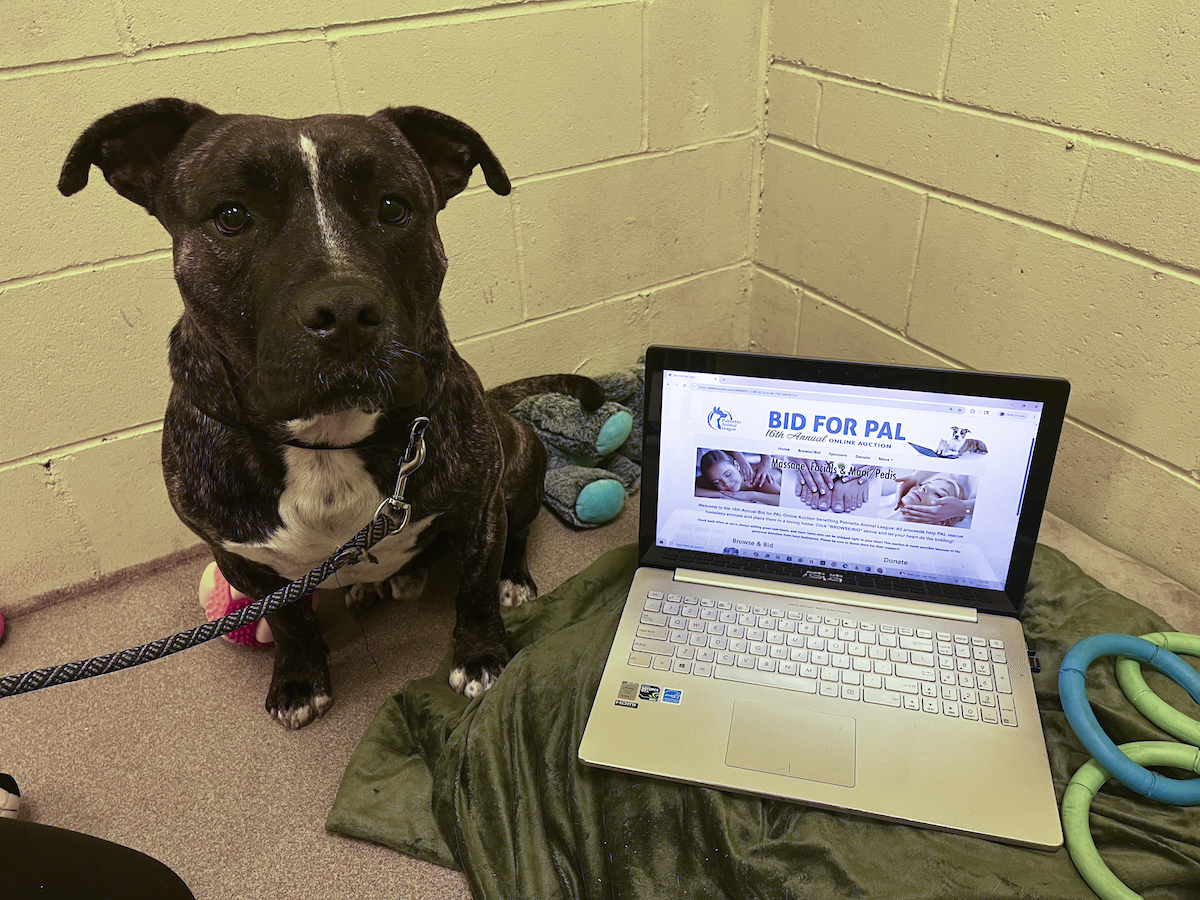By Prof. Percy Pussycat
Professor Pussycat here. Dr. Barker is letting me field this one as I am the authority on all things kitty related. Here’s the short answer to the question. Just like your dogs need protection, so do your cats. I hear some of you starting to mumble that prevention for your indoor cat is just ridiculous. And then I hear, “My indoor cat never goes outside except once and a while….” Ah my friends, there is the rub. The once-in-a-while problem. Outside is outside. Fleas and ticks are everyplace.

There is this group called the Companion Animal Parasite Council (CAPC). The recommendation from the CAPC website petsandparasites.com states the following: “The use of year-round heartworm and broad spectrum flea, heartworm and intestinal parasite medications, as well as appropriate flea and/or tick products, is the foundation of an effective parasite control program for your cat”. Still think I’m all wrong? I might be, but to be safe rather than sorry and having a house full of fleas, talk to your Vet and let them do a risk assessment based on your cat’s lifestyle, age, habits, etc.
Fleas are the most common external parasite found on cats. And they are nasty little fellas. Once they get inside your house, you might be stuck with them for up to a year. Some cats can be highly allergic to the bite of the flea. The adult flea can live on an unprotected cat for over 100 days. And they are worse than rabbits when it comes to procreating. One female flea can lay 2000 eggs in that one year they moved in to your house. And very seldom do they come without their entire family in tow.
Another important consideration when discussing fleas is the fact that they are a way your cat can get tapeworm. Cats are prone to ingesting fleas by their fastidious grooming nature, and consequently developing a subsequent tapeworm infestation. These are the little worms that you may have seen in feces or on the fur around the poopy area that look like rice (or if dried, sesame seeds).
If you notice your cat losing weight, getting a dull coat, and having intermittent diarrhea, take them to your Vet. Tapeworm can sometimes be hard to diagnose so do the safe thing and check with the pros. You wouldn’t want those yucky things in you and I’m pretty sure your cat doesn’t either.
So, have I convinced you? Heck, I haven’t even mentioned ticks which are the yuckiest of all the nasties. Flea and tick protection is essential. Don’t delay. Get your pets protected. Do it today please, and you will have a wonderful and flea-free summer. And you won’t have to worry about your 100% indoor cat taking a short walk in the big, bad world! Professor Percy Pussycat signing off.
Dr. Parker T. Barker received his doctorate in Squirrel Chasing and Hoovering from the University of Hartford, CT Rescue Center. He lives on Lady’s Island with his sister, Peanut and their great Mom. Prof. Percy Pussycat is a trained animal behaviourist and received his degree from the Canine and Cat Institute in London. He lives in Shell Point with his brother, Harley and devoted human family.





